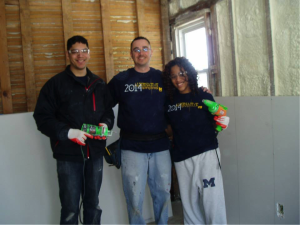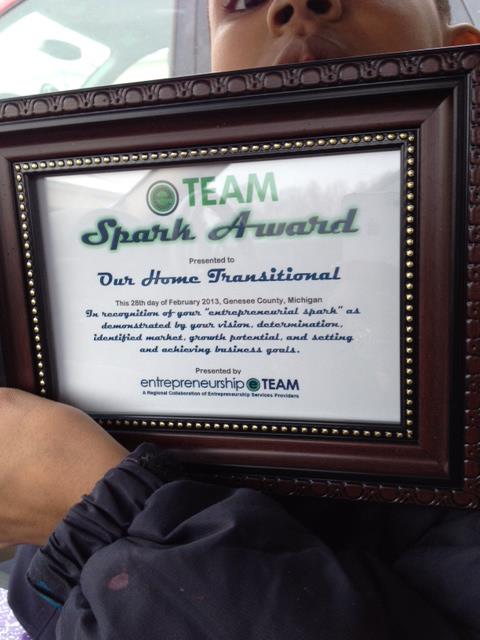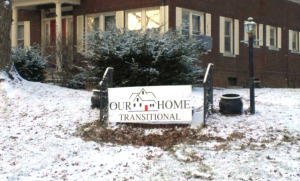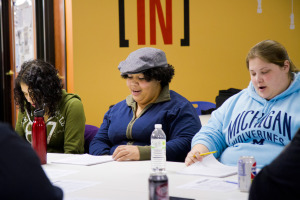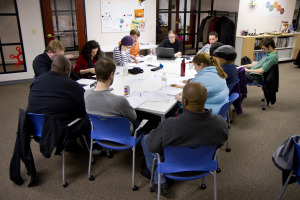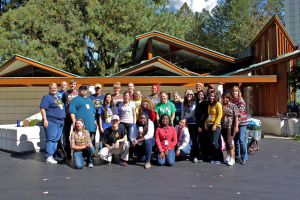[youtube]http://youtu.be/_Mbu8bvKb_U?list=PL879555ABCCED8B50[/youtube]
Today, University Outreach wants to share a little bit about the conversations higher education institutions across Michigan are having through Michigan Campus Compact (MiCC) about diversity, inclusion and the concept of “cultural humility”. These insights are important for strengthening the community engagement work we do at UM-Flint through class projects, research, internships, and other ways our campus ties academic learning with the community.
MiCC is an organization housed within the Michigan Nonprofit Association, and its mission is to promote the education and commitment of Michigan college students to be civically engaged citizens through creating and expanding academic, co-curricular and campus-wide opportunities for community service, service-learning and civic engagement. UM-Flint is represented on MiCC’s statewide Network Committee, which recently engaged in a strategic planning process and established five new priority areas for the organization. One way that MiCC is addressing its new priorities is by embedding professional development on the topics into twice-annual state-wide gatherings of university staff, directors and faculty who support universities’ missions with regard to civic engagement.
As we shared with campus last semester, the Network Committee chose Diversity and Inclusion as one of five priority areas. This priority was selected because embracing diversity and inclusion is vital for ensuring the success of higher education’s community engagement – both in terms of how we engage with the community (e.g. understanding and breaking down barriers of race, educational level, income, gender, etc.) and the outcomes we generate (e.g. working together collaboratively and respectfully in order to maximize our collective impact). It is also crucial for preparing students to be effective future professionals, as they will inevitably need to be skilled in working in and with diverse communities to succeed in their professional careers.
MiCC’s last gathering, in November 2014, featured a riveting presentation/dialogue on the concept of cultural humility, presented by Shari Robinson-Lynk, Adjunct Lecturer at the University of Michigan in Ann Arbor and Assistant Director for Engaged Learning at the UM Ginsberg Center. Shari is also part of the Network Committee and co-leading MiCC’s Diversity and Inclusion Working Group.
Shari shared with us that the concept of “cultural humility” was coined by civically engaged scholars Jann Murray-Garcia (University of California, San Franscisco) and Melanie Tervalon (Children’s Hospital Oakland) from the field of Nursing in the late 1990s to address the significant health disparities that existed due to cultural misunderstandings between doctors/nurses/health care administrators and clients.
The tenants of cultural humility are: lifelong learning and critical self-reflection; recognizing and challenging power imbalances; respectful partnerships; and institutional accountability. This approach challenges individuals and institutions to ensure that the relationships they engage in are truly healthy, informed by deep thinking and understanding of diversity and inclusion that goes beyond the incomplete ideas of multiculturalism and cultural competency. This way of thinking about diversity and inclusion is not only important in the medical field, but also for how we engage within our campus and with members of the community.
It is important to recognize that “cultural humility” addresses a number of critiques of “cultural competency,” which was coined by Cross, et al. in the late 1980s. For example, cultural competency implies a limiting belief that a person is capable of reaching some undefined end point in their learning and achieving “competence” when it comes to recognizing and addressing one’s own prejudices and understanding how to work respectfully with people of different backgrounds. Cultural humility asserts that such learning must be life-long because we don’t know what we don’t know and we must commit to continual improvement and accountability in our relationships.
Cultural humility is a holistic concept that has been overlooked for far too long. As UM-Flint and other higher education institutions in Michigan strengthen their practices of diversity and inclusion, we are challenged with adding “cultural humility” to the way we talk, think, operate, and engage.
Cross, T., Bazron, B., Dennis, K., & Isaacs, M., (1989). Towards A Culturally Competent System of Care, Volume I. Washington, DC: Georgetown University Child Development Center, CASSP Technical Assistance Center.
Tervalon, M. & Murray-Garcia, J. (1998). “Cultural humility versus cultural competence: a Critical discussion in defining physician training outcomes in multicultural education.” Journal of Health Care for the Poor and Underserved, 9 (2) 117-125.
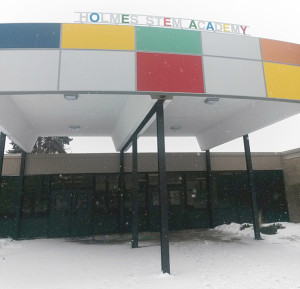
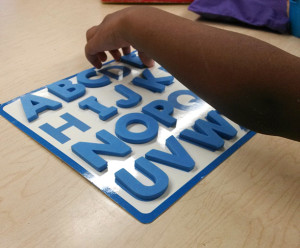
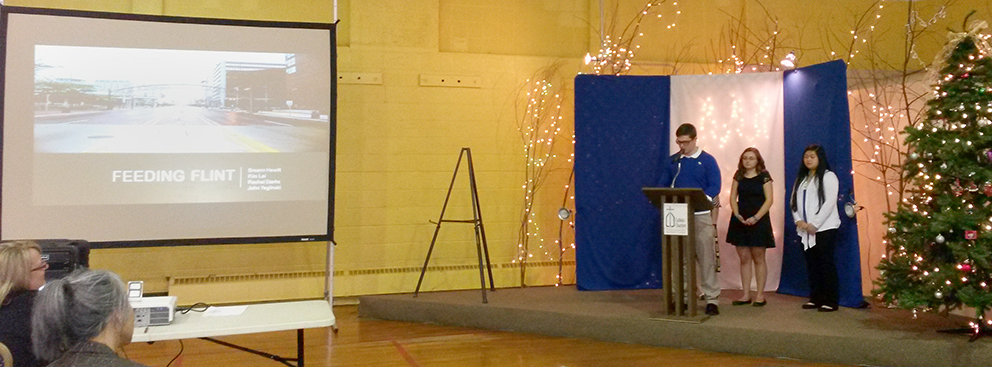
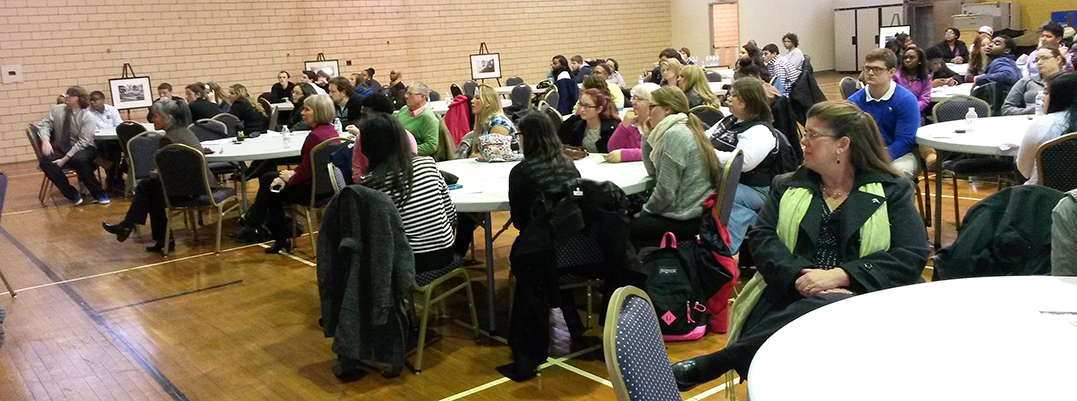
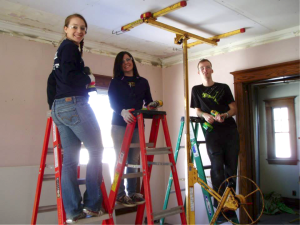
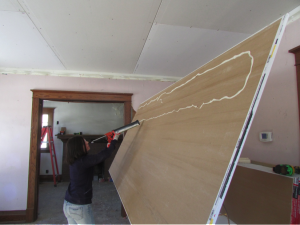 When the week of ASB arrived, I was pleasantly surprised. The transition home, one of several owned and operated through Carriage Town Ministries, was a beautifully remodeled Victorian home just a few block from campus. Our four day stay there was wonderful and humbling. Our group had the pleasure of staying with two other residents who were transitioning from homelessness to living on their own. They were friendly, hard-working (& clean) people who just needed a little extra support getting back on their feet.
When the week of ASB arrived, I was pleasantly surprised. The transition home, one of several owned and operated through Carriage Town Ministries, was a beautifully remodeled Victorian home just a few block from campus. Our four day stay there was wonderful and humbling. Our group had the pleasure of staying with two other residents who were transitioning from homelessness to living on their own. They were friendly, hard-working (& clean) people who just needed a little extra support getting back on their feet.